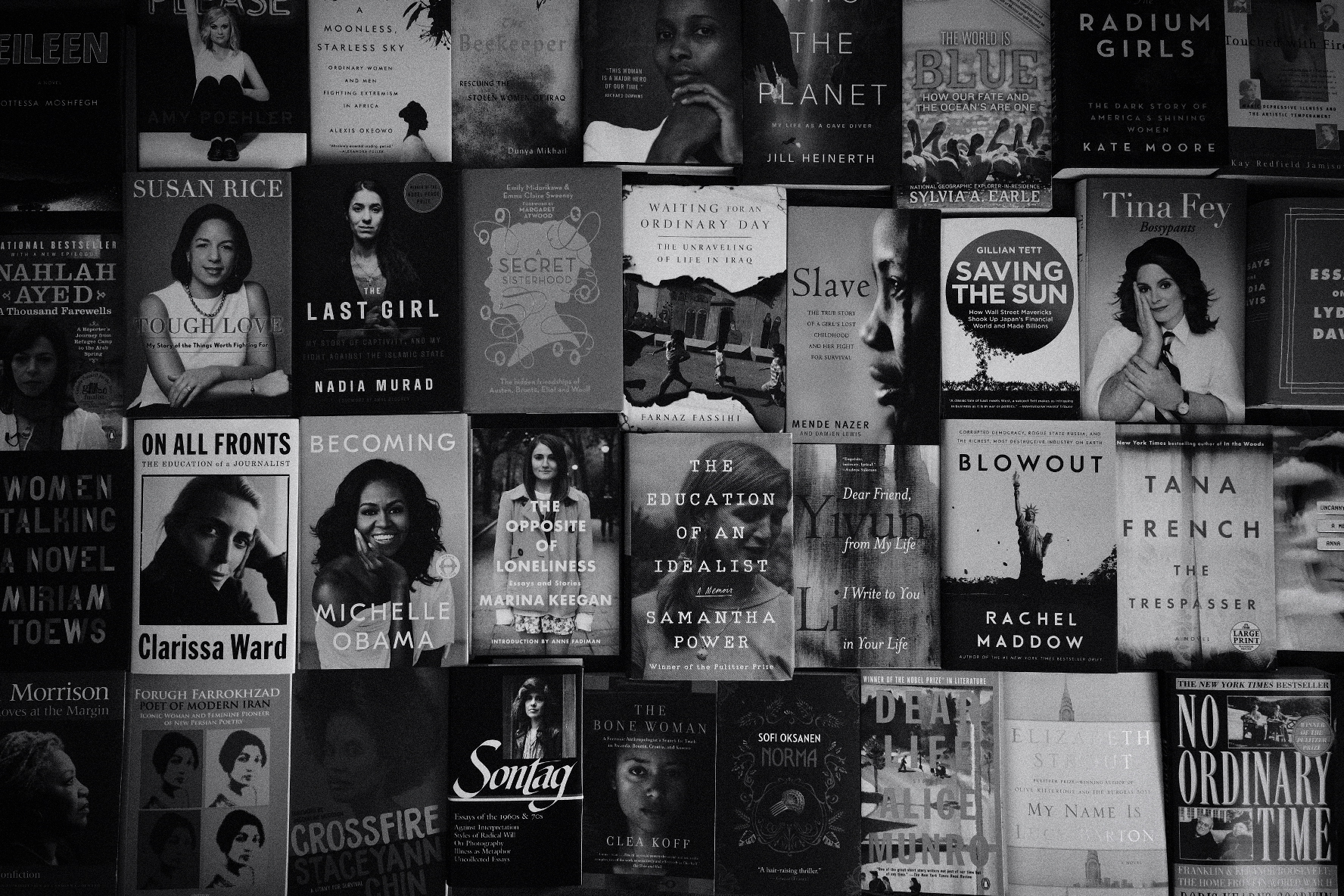1307 words
Note: the grammar of the agent on the call has been corrected so that you, dear reader, do not have to decode and translate their intentions as you read along. Their location is purposefully omitted from the piece, for it does not add any value. This phone call took place just before Christmas 2023.
“Thank you.”
After a long pause, the timid, weak, yet genuine voice on the other end quickly picked up in confidence. Though it had been only a few seconds into our call, a noticeable tension from a series of earlier calls had been relieved.
“If you do not mind me asking, thank you for what,” I asked.
“Umm, people are not very nice to me,” she started. The young woman whom I was speaking to was a customer service agent working for Amazon. I had learned long ago to never ask where the agent was on such calls, for their location, and unfortunately, their race was the main source of tension conflict that they received in their line of work. “As soon as they hear my accent, they start yelling.”
“I’m so sorry to hear this, but other than that, how are you today,” I asked with a slightly playful intonation.
She laughed.
She relaxed.
“I am good, thank you. Let’s see what I can do for you.”

We then went over the reason for my call, which was concerning two books being delivered to the wrong address. The resident of the house to which they were delivered not only suffers from dementia, but she is also an entirely unpleasant person. When asked, she said that she had no recollection of the books being delivered to her doorstep. Nowadays, most delivery services take a photograph of the package on the property before leaving, and I still have that photo on my phone – and yes, even the photo did not jog her memory or willingness to help. So, with those books no longer being retrievable, I had Amazon’s customer service on the line.
“How old is this neighbour,” as she asked this, the concern in her voice revealed just how young she was. I was speaking with a young adult who had just entered her twenties.
“She is in her early eighties, but because of her condition, she still thinks she is sixty-three years old. Her children have long left her, and I have not seen them visit her since 2019.”
“Oh no. We would never do that here. My parents live with me. I would never abandon them like that.” Her true voice was starting to come through the receiver. Instead of a timid person whose sole existence was to serve someone on the other side of the planet and be verbally abused doing so, this young woman showed her true colours.
She is a fiercely loyal, caring, intelligent, and adaptive person, making the best of her situation. As we waited for Amazon’s backend service to catch up with replacing my two orders, the conversation shifted, revealing more about her.
“Can I ask you a question?”
“Of course, how can I help,” I replied.
“You are the only customer that I have come across who orders so many books from Amazon. Can you recommend some books for me? I can’t afford to go to school yet, but I want to improve my English so that someday I can take my parents out of here.”
“Sure, what would you like to read?”
“I want to read self-help books,” she replied.
“Well, that is the one genre which I do not read and do not have any books of in my library. Also, self-help books are often the poorest written titles. They will not help your reading and writing. What level is your reading at right now?”
“Well,” she started mirroring me. “I don’t have any issues reading. It is just my writing and speaking. Sometimes, while on the phone, I can hear my inner (native language given) desperately trying to translate my response into English, and I fail. This makes already angry people even more angry.”
At this point, Amazon’s system had put through the order requests, and we were now simply speaking. No longer were we speaking as a customer and an agent but as two people with a mutual level of care for the other person.
“So, let’s start with books that are written well from a dialogue perspective.” I started with some well-written fiction books for children and teens before moving on to more complex works of fiction. I could hear her furiously writing what I said verbatim onto a sheet of paper with a pencil.

“Ok, awesome! What other types of books do you have in your library? Also, I love that you have a library. No one here has such a thing in their home.”
My heart continued to break, for the vast chasm which separated us in terms of living conditions and opportunities was becoming clearer with every interaction. Clean water and occasional electricity were godsends for her, and her imagination sprawled across the globe into my small (to me) house which had long ago had its living room converted into a library. She asked about the bookcases and rejoiced that vintage and signed books were kept behind glass doors. Her voice gradually, over the forty-minute call, raised in pitch a full major sixth, transitioning from her professional voice to her personal one, which she used with her family and friends.
“How about history, psychology, economics, and politics?”
“Yes!”
As she furiously wrote down my suggestions, her line noticeably paused for five seconds. Her boss had interrupted our call to ask her to move onto the next call.
“Well,” she started again. “I cannot take up any more of your time but thank you so much.”
“You’re welcome and thank you for your work. Give your parents my best as well, and I wish you the best of luck with all of the books.”
“Thank you! It was the best getting to speak with you!”
Later that week, I recounted this call with some friends as we caught up.
“It’s such a shame that we do not have any local bookstores nearby,” said a close friend who lives in the suburbs.
“And with most Chapters and Indigo stores (1) shutting down, most of us can only resort to online shops and Amazon for our books,” said another friend as she stared at the bottom of her empty pint of Guinness.
“And if you want to read a book on its release date, you’re pretty much stuck with Amazon unless you take half a morning off work to drive across the city to one of the few bookstores who may not only set aside a copy for you but bother to have one in stock,” I chimed in.
“If you read like you do,” said the first friend as he looked at the bookshelves behind me. “You’ll never find a bookstore in this province with what you need.”
As our stomachs reached their capacities, we reminisced about how, when younger, we all used to go to bookstores and simply hang out. They were great dating destinations, and when they littered the landscape, each store offered a unique take on the world of literature. Some focused on fiction, children’s titles, history and politics. The odd ones near university campuses had the much sought-after and rarer literary fiction titles that were often works translated from other languages. Now, whenever you enter a bookstore in a major city, the risk of it just pandering to the lowest common denominator is too high to make the trip.
We set all of our nostalgic complaints upon the canvas of wishing that the young adult on the phone could one day, too, enjoy the world of books without her current set of encumbrances. The evening was entirely heavier than we initially thought it to be. We ate, drank, and spoke about books, good and bad, in honour of that customer service agent.
Today, she is still at the forefront of our minds, and we hope that she has discovered her much sought-after new love for books by now.

(1) These were a chain of “big box” bookstores owned by the Canadian billionaire Heather Reisman and Lawrence Stevenson, amongst others. The stores Coles and SmithBooks were also under the same ownership since 1994. The company’s sales of books suffered over the years and started straying from book sales in the mid-2010s
Time of writing: February 8th, 2024
